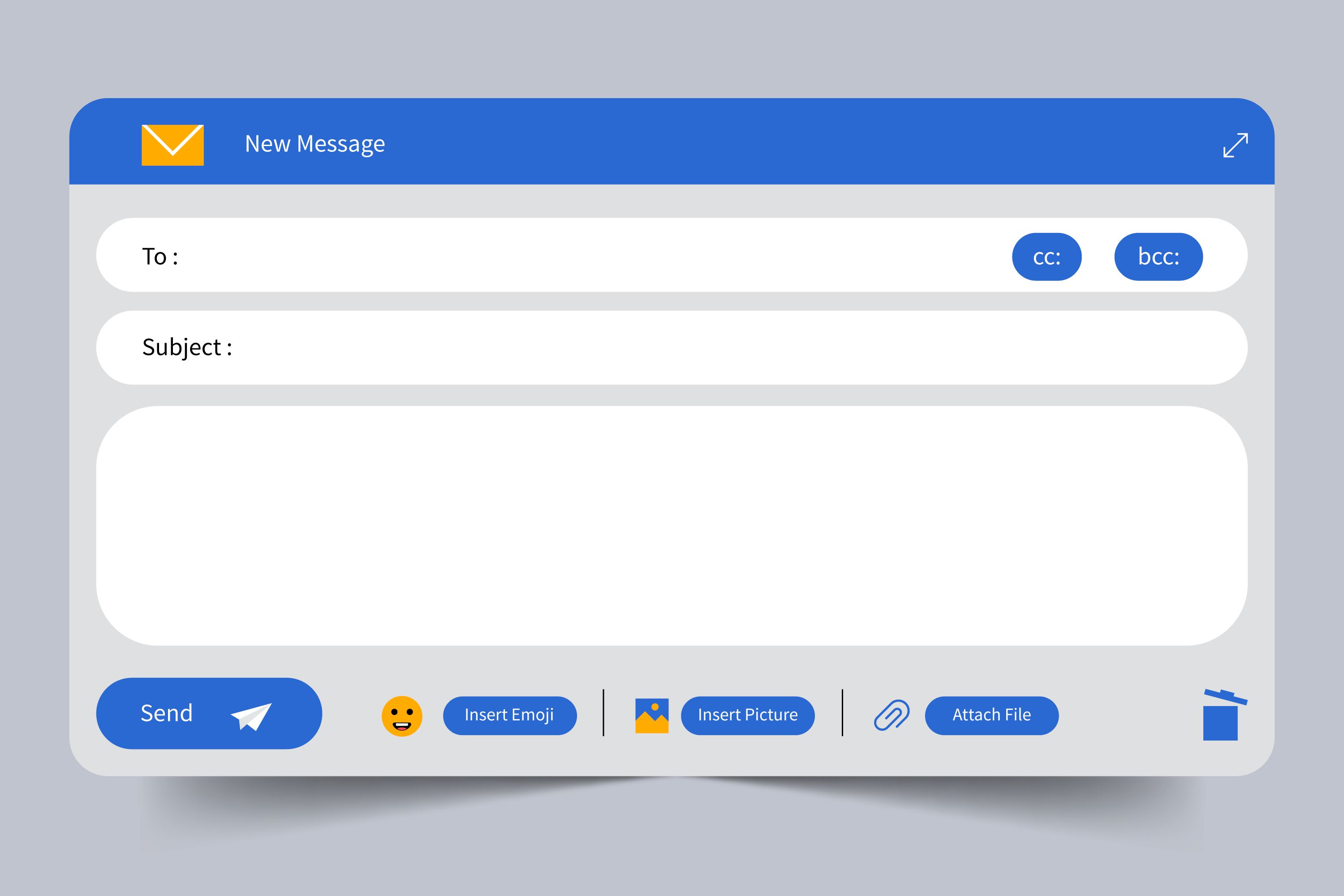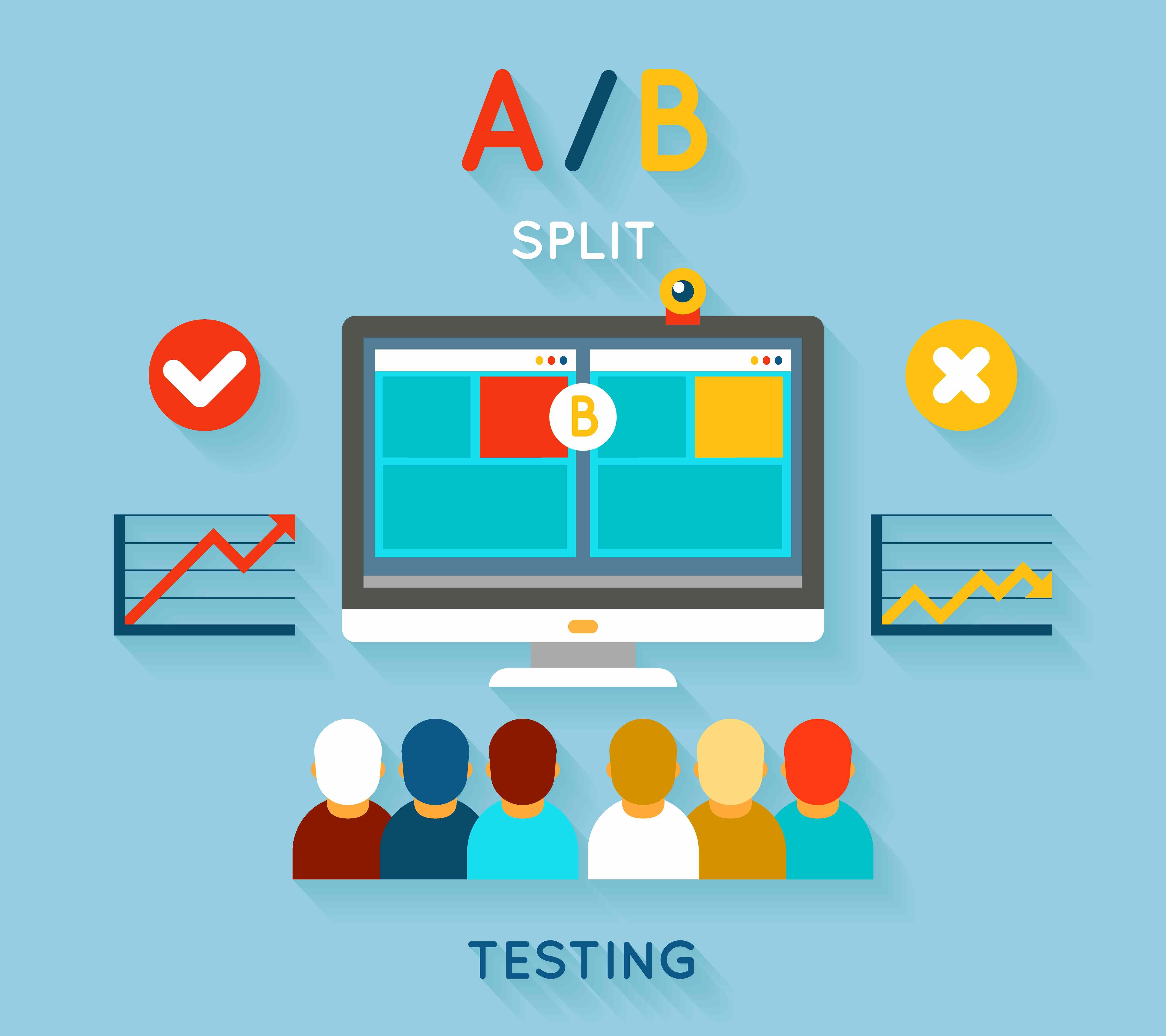
Artificial Intelligence (AI) has come a long way since its inception, evolving from basic rule-based systems to complex models capable of learning, reasoning, and decision-making. Among its many advancements, AI agents stand out as a significant breakthrough in creating autonomous, intelligent systems that can interact with their environment, make decisions, and act on behalf of users or organizations. In this article, we’ll explore the fundamentals of AI agents, how they work, their various types, real-world applications, and future trends.
AI agents are autonomous software programs designed to perform tasks or solve problems in an environment without constant human intervention. They function by perceiving their surroundings, processing information, and taking actions to achieve specific goals. These agents leverage AI techniques such as machine learning, natural language processing (NLP), and reinforcement learning to improve their performance over time.
The key characteristics of AI agents include:
Autonomy: They operate independently, making decisions without the need for continuous input.
Adaptability: AI agents can learn from their environment and adapt their behavior based on feedback.
Goal-oriented: They are designed with specific objectives, working towards achieving these goals efficiently.
Interactivity: AI agents can interact with their environment, which can be physical (robotics) or virtual (software systems).
AI agents operate on a perception-action loop, which consists of three main components:
Perception: The agent gathers information from its environment through sensors (e.g., cameras, microphones) or software APIs in a virtual setting.
Decision-making: Based on the information received, the agent processes the data using AI algorithms, deciding the best course of action.
Action: The agent performs an action that affects the environment or system, whether it’s physical movement (in robotics) or a software response (in virtual agents).
At the core of their operation, AI agents rely on algorithms that include:
AI agents come in various forms, each designed for specific environments and tasks. Here are the most common types:
Simple Reflex Agents: These agents operate based on a set of predefined rules or conditions. They react to specific stimuli in the environment without storing past experiences. While simple, they are effective in environments where the correct action is always clear.
Model-Based Agents: Unlike simple reflex agents, these agents maintain an internal model of the environment. This model helps them understand the current state and predict future states, enabling more complex decision-making.
Goal-Based Agents: These agents make decisions based on specific goals. They not only assess the current state but also evaluate how their actions will help them achieve a future objective.
Utility-Based Agents: These agents prioritize actions that maximize their performance based on utility functions. They not only aim for a goal but also consider the best path to achieve it by optimizing for factors such as speed, efficiency, or resource use.
Learning Agents: These agents are designed to improve over time by learning from their environment and experiences. Using reinforcement learning and other machine learning techniques, they adapt and refine their strategies.
Multi-Agent Systems: In many complex environments, multiple AI agents work together, either collaboratively or competitively, to achieve individual or collective goals. This system creates a decentralized network of agents that can handle tasks too complex for a single agent.
AI agents are revolutionizing multiple industries, automating tasks, enhancing decision-making, and improving overall efficiency. Let’s explore some of the most impactful applications.
Healthcare: AI agents are being used to assist doctors in diagnosing diseases, managing patient data, and even performing robotic surgeries. For example, virtual agents help monitor patients remotely, ensuring timely interventions.
Finance: In the financial sector, AI agents are used for algorithmic trading, fraud detection, and personalized financial advice. These agents process large volumes of data and make real-time decisions based on market conditions.
E-commerce: AI agents power recommendation engines, optimizing user experiences by suggesting products based on browsing history, preferences, and behavior patterns.
Customer Service: Virtual agents, such as chatbots and virtual assistants, are commonly deployed to handle customer queries, guide users through product purchases, and provide support.
Gaming: AI agents have become an integral part of the gaming industry, where they control non-player characters (NPCs) to create dynamic and intelligent gameplay experiences.
Autonomous Vehicles: Self-driving cars and drones are examples of AI agents that interact with their physical environment, making real-time decisions based on sensor inputs to navigate safely.
Despite their potential, AI agents also pose significant challenges and ethical concerns:
Bias: AI agents learn from data, and if the data contains biases, the agents may replicate or amplify those biases in their decision-making. This can lead to unfair or unethical outcomes, especially in sensitive areas like hiring or law enforcement.
Transparency: Many AI agents, especially those that use deep learning models, are seen as "black boxes," meaning their decision-making processes are not transparent. This raises concerns about accountability when things go wrong.
Autonomy vs. Control: As AI agents become more autonomous, there are concerns about how much control humans should have. Striking the balance between allowing agents to operate independently and ensuring human oversight is crucial.
Security: AI agents can be vulnerable to hacking or manipulation, especially in critical systems like financial markets or autonomous vehicles. Ensuring the security and robustness of these agents is essential.
The future of AI agents is incredibly promising, with advancements in several key areas:
Improved Learning Capabilities: With the rise of more sophisticated machine learning models, agents will become better at learning and adapting to their environments. This includes leveraging techniques like unsupervised learning and advanced reinforcement learning.
Ethical AI: There is a growing focus on developing ethical AI agents that are transparent, fair, and accountable. This involves creating frameworks for AI decision-making that align with human values.
Collaborative AI: As multi-agent systems advance, AI agents will work more efficiently with each other and with humans. This will lead to better coordination in complex tasks, such as disaster response or large-scale logistics.
Human-AI Interaction: AI agents are becoming more integrated into daily life, from virtual assistants to autonomous vehicles. Enhancing the interaction between humans and AI agents will improve usability and trust, making these agents more effective partners in various industries.
AI agents represent a transformative leap in artificial intelligence, offering autonomy, adaptability, and intelligence across a wide range of applications. From healthcare to finance, these agents are already making a significant impact by automating tasks, improving decision-making, and optimizing processes. As AI continues to evolve, the capabilities of AI agents will only grow, opening up new possibilities for innovation and productivity across industries. However, with this growth comes the responsibility to address the ethical challenges and ensure that AI agents are designed and deployed in a way that benefits society as a whole.





